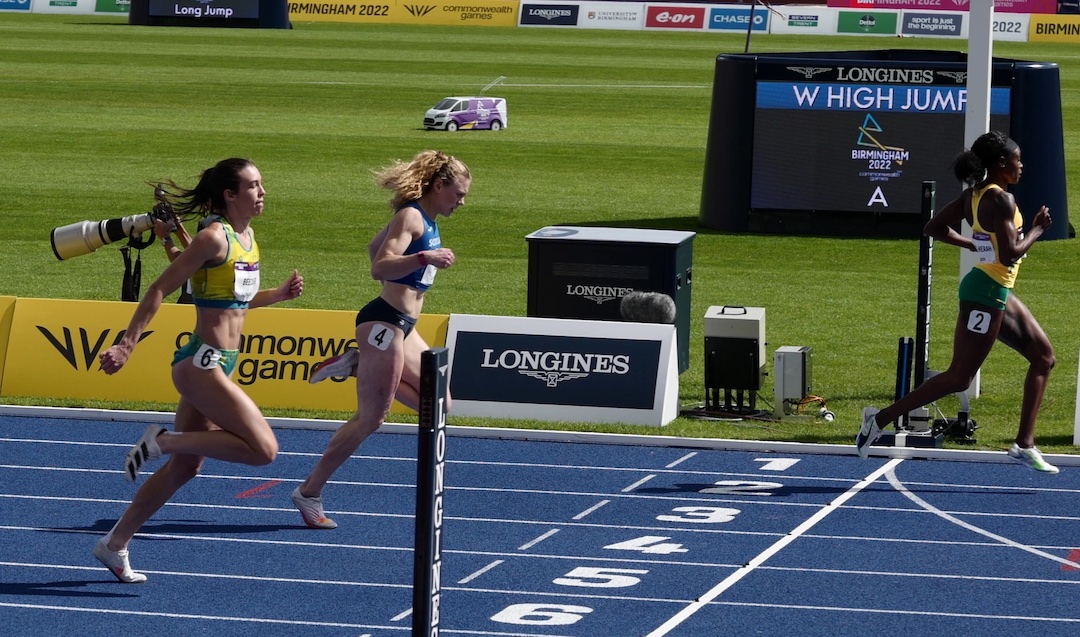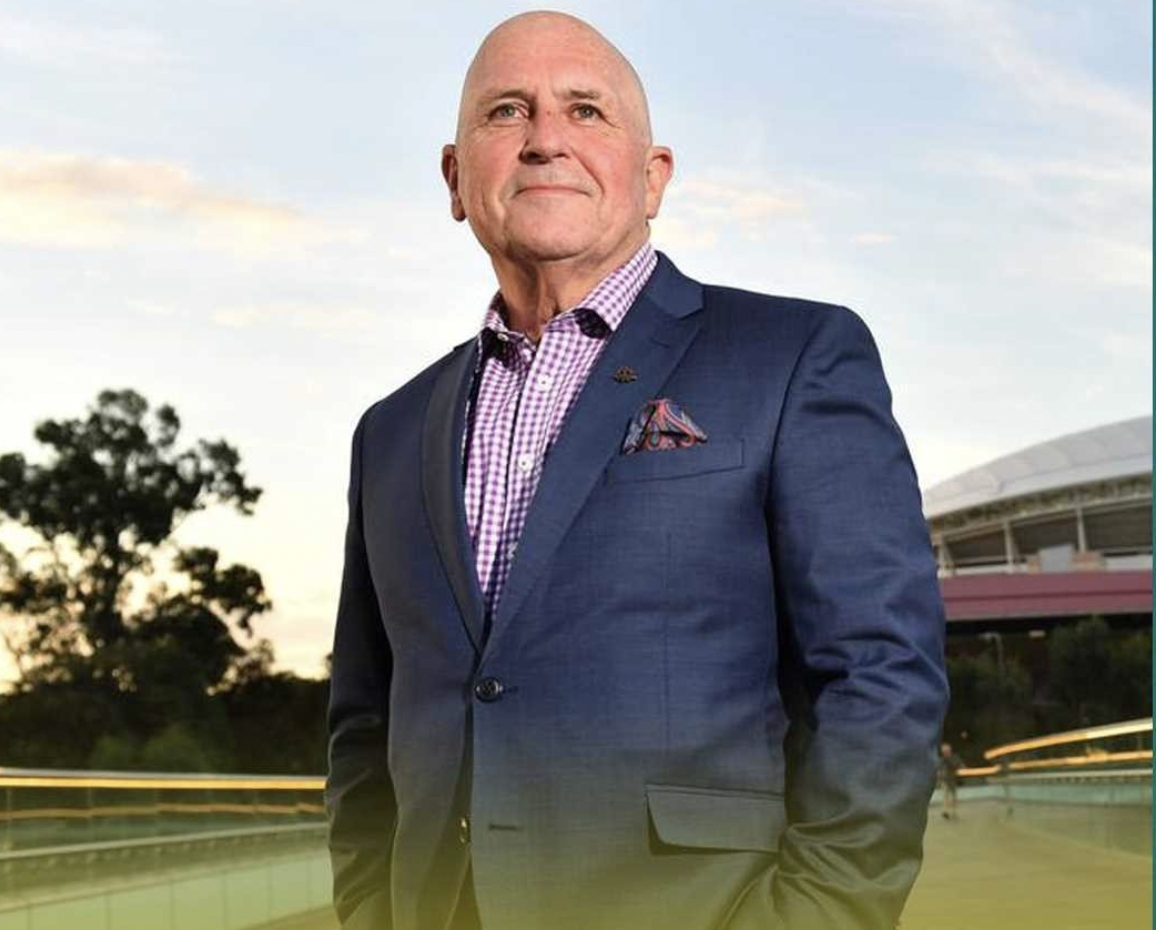Already struggling for relevance, the Commonwealth Games has been thrown into further uncertainty with the Australian city of Victoria today calling off its plans to host the event in 2026 citing cost overruns and consequent possible financial losses.
"It’s now clear: more than AUD 6 billion for a 12-day sporting event is just too high. It’s more than twice the estimated economic benefit the Games would bring our state," Victorian Premier Daniel Andrews tweeted, announcing the decision less than three years prior to the event.
In a series of tweets, Andrews said instead of withdrawing from hosting the Games, his government would channel the money to building affordable housing and involve more families in sports to boost regional tourism and events, besides creating 3,000 jobs across the state.
“The main reason we agreed to host the Games was to create a big lasting benefit for our regions – with more housing, boosts to tourism and sporting infrastructure upgrades. So here’s what we’re doing instead. We’ll build at least 1,300 new social and affordable housing homes in regional Victoria,” Andrews tweeted.
“We’ll work with sports clubs at a grassroots level to get more local families playing sport …. And there’ll be a massive boost in regional tourism and events… These projects will create around 3,000 jobs right around the state,” he posted.
The 23rd edition of the quadrennial Commonwealth Games, which with 56 member states is considered the second biggest multi-sports event on earth after the Olympics, were originally scheduled to be staged across five sites in Victoria from March 17-29, 2026. A total of 21 sports and 26 disciplines, including 10 fully integrated para-sports, were finalised for the event.
Andrews said Victoria had stepped in at the last minute when the Commonwealth Games authorities were struggling to get a host city for the 2026 Games, and added, “We were willing to help – but not at any price.”
Victoria’s decision disappointed both Commonwealth Games Australia and the Commonwealth Games Federation.
Commonwealth Games Australia Chief Executive Officer, Craig Phillips said, “The announcement made by the Victorian Government today is beyond disappointing.”
“It’s a comprehensive letdown for the athletes, the excited host communities, First Nations Australians who were at the heart of the Games, and the millions of fans that would have embraced a sixth home Games in Australia," he said in a statement tweeted by Commonwealth Games Australia.
“The detailed budgetary implications announced today have not been sighted or discussed with the CGF or CGA ahead of being notified of the Government’s decision,” the statement read.
He, however, called the stated cost overrun a “gross exaggeration”.
The Commonwealth Games Federation (CGF) said: “We are disappointed that we were only given eight hours’ notice and that no consideration was given to discussing the situation to jointly find solutions prior to this decision being reached by the Government.”
"This is hugely disappointing for the Commonwealth Sports Movement, for athletes around the Commonwealth and the Organising Committee who are well advanced in their planning and preparation,” the CGF said in a statement.
Originally called the British Empire Games, the Commonwealth Games has been dogged by financial woes in recent years, besides facing the ire of critics who call it a colonial legacy.
The Canadian city of Edmonton was slated to host the 2022 Games, but withdrew on cost concerns, prompting South Africa’s Durban to step in as host. However, in 2017 Durban lost its right to stage the event as it could not fulfil the promises it made in the bid. The South African government too had then admitted its financial inability to meet the cost.
Finally, Birmingham came forward as the saviour and hosted the Games in 2022.
However, because Birmingham was originally allotted the 2026 Games, it caused a void, and Kuala Lumpur, Cardiff, Calgary, Edmonton and Adelaide all withdrew on pecuniary concerns. Victoria had then stepped in as host.
The centenary edition of the Games in 2030 is also in the territory of uncertainty after the Canadian city of Hamilton shelved its bid, blaming lack of government support.
Over the decades, the Games have also drawn flak on issues of quality, with many of the top-notch sportspersons deciding to skip the event and train for other financially lucrative or tougher events like world championships or the Olympic Games.
While in the short term, the CGF would be hard-pressed to find a host for 2026 and then 2030, it needs to rack its brains and find some long-term solutions to keep the Games going.





